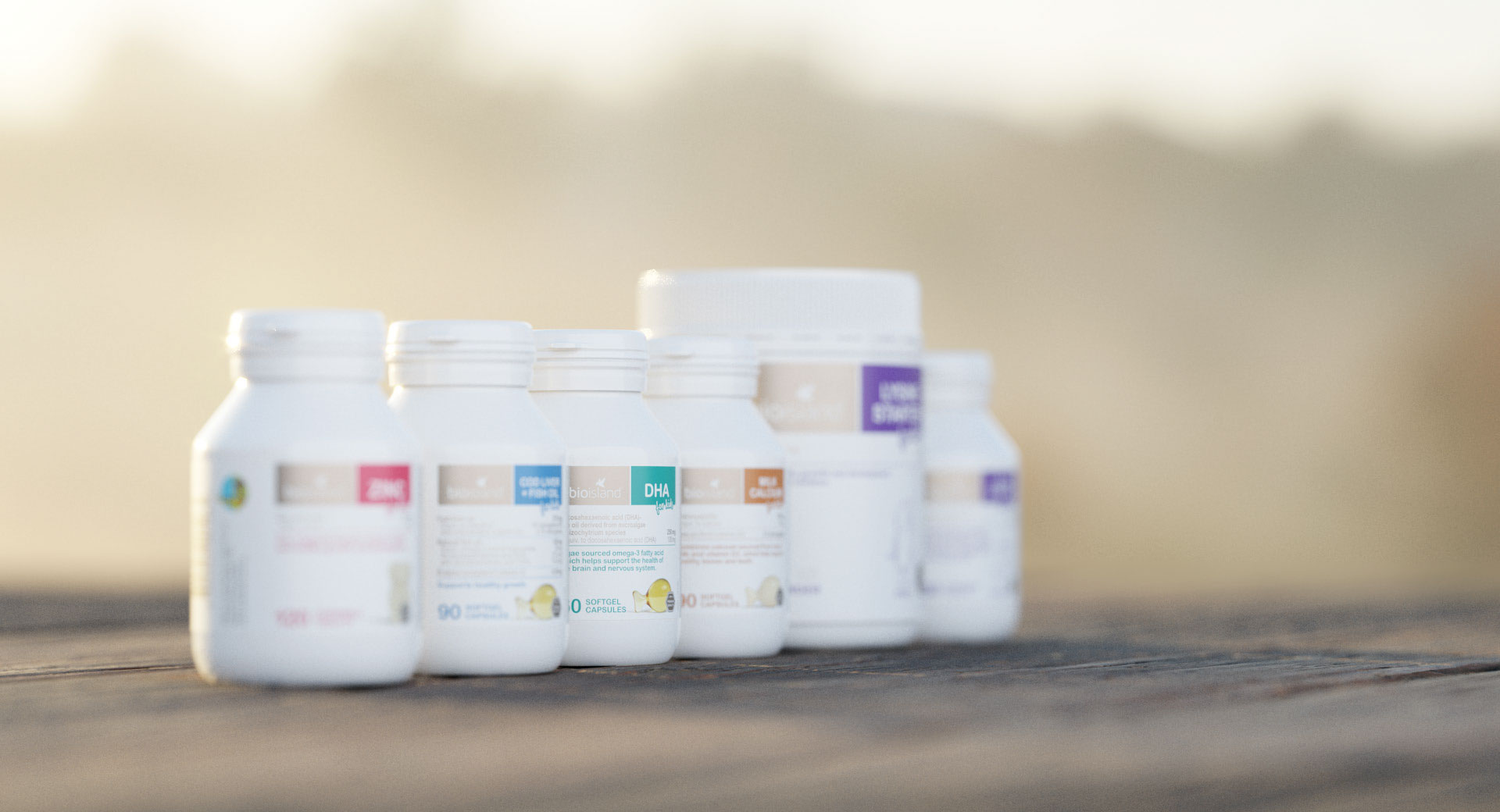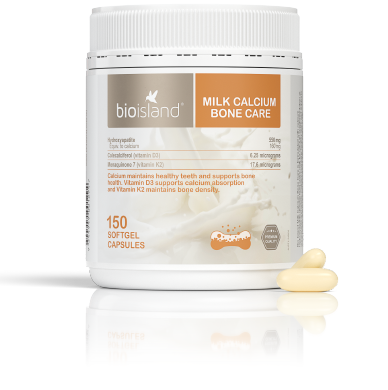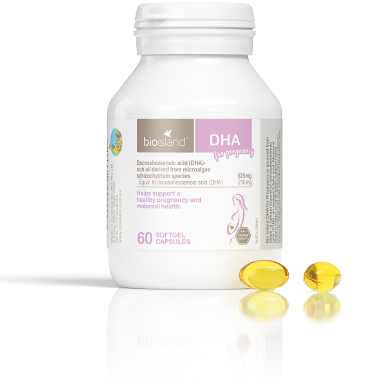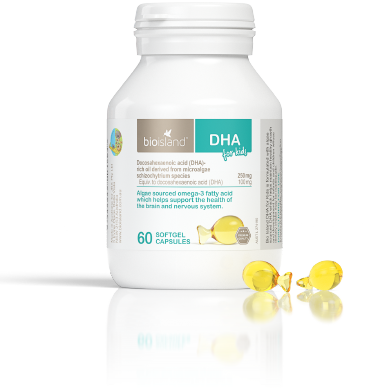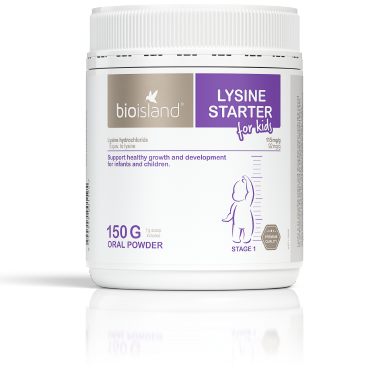
How a mother's nutritional intake impacts her child
For nine months you are not only feeding yourself but also feeding a mini you.
By Bio Island Nutrition Team
Becoming a mother is one of the prime learning curves anyone can go through and it’s a never-ending job. But looking at the beginning, when you first find out your pregnant, is when you will learn things about your body that you never knew it could do. But most importantly you are a vessel and what you fuel your vessel with is what will fuel your growing baby. This blog will list some key points in keeping you and your baby at optimal health.
As you would do pre-pregnancy, eating a full nutritious diet at every meal and continuing to eat the recommended food groups and the daily requirements is essential. During pregnancy you do require extra vitamins, minerals and nutrients to not only keep yourself healthy but also to provide the needed nutrients for your baby to grow at a healthy weight, develop and to be overall strong. Listed below are some of the key nutrients that have a high involvement during pregnancy, most of these nutrients can be find in our diet or supplements can be added for extra support.
Folate:
Folate or otherwise known as folic acid is a b group vitamin found in various foods and helps protect against neural tube defects in a developing foetus. It is highly important for women who are planning to become pregnant and during pregnancy to be aware of the foods they are eating if they contain a decent amount of folate. The recommended daily intake for folate is 400mcg-600mcg per day but it can be difficult to measure as folate can be affected by how food is prepared and cooked.
Foods which include folate:
- All bread, breakfast cereals and fruit juices must contain added folic acid, this is regulated with the Food Standards Australia New Zealand.
- Asparagus, spinach and broccoli
- Oranges, bananas and strawberries
- Legumes
- Choose foods that have been fortified with folic acid
Iron:
Extra iron is needed during pregnancy, as extra blood is needed for you and your baby. It also assists in taking oxygen from your lungs to the rest of the body. The recommended daily intake of iron is 27mg per day and is better absorbed in the body when eaten with vitamin C rich foods or supplements.
Foods which include iron:
- Meat, chicken, seafood (these foods contain Heme iron, which is the iron best absorbed by the body)
- Lentils and beans
- Green leafy vegetables
DHA:
DHA is a structural fat found in the brain and eye and accounts for 97% of total omega-3 fats in the brain and up to 93% of omega -3 fats in the retina of the eye. In the first few months of infancy higher levels of DHA are needed for the growth of neural cells. It is at this time of development that the neural cells are under constant reconstruction and can be impacted by diet and low nutrient intake.
DHA is responsible for helping nerves communicate, sending and receiving signals from the brain to other parts of the body. It is this part of the brain that processes information, emotions, memories, problem solving and behavioral development. For mum it is essential to increase the daily recommended DHA during pregnancy because not only does the baby need the nutrients, but mum will also need her daily recommend amounts of DHA for good health.The RDI for DHA during pregnancy is 115mg per day and during lactation is it 145mg per day and as our bodies cannot produce this, we require it from food or supplements.
Foods which include DHA:
- Cold water oily fish: tuna, mackerel or salmon
Eating for 2?
There’s no need to have the idea that because you are pregnant you are eating for two. Your baby will take and gather the needed nutrients and vitamins from you regardless. So, it is more ideal that you eat as you did before but maybe just with higher nutrient values and reducing any foods high in sugar and junk food. Eat to suit your needs, if you are feeling a little more tired increase your grains and lean meat otherwise always speak to your doctor and track how you are feeling. Eat to satisfy your appetite and just monitor your weight. Always dependant on your pre-pregnancy weight your doctor will monitor your overall weight and how your nutrient intake is benefiting you and the baby.
Weight gain is normal and is usually between 12-14kgs during the whole pregnancy. It’s extremely important that you don’t skip or cut meals out, your baby needs food to grow and you as the mother need food to maintain a healthy balance.
Food Hygiene:
Food hygiene is always important but during pregnancy you may need to be extra cautious.
Always prepare and cook your food in a clean environment and follow some of the points below:
- Always wash your hands
- Wash all fruit, vegetables and salad before eating or cooking
- Cook all food thoroughly especially chicken and eggs.
- Store food correctly in the right temperature and not for too many days
Food to be aware of:
- Fish and mercury- as pregnant women tend to increase their fish intake for the omega-3 benefits, checking which fish are best to avoid any contamination and where they come from is key.
- Limiting foods high in sugar, fat and salt. These types of foods tend to be high in calories but not high in nutrients and don’t tend to add any health support. Always wanting to fuel your body with nutrient rich food that benefits you and baby.
- Pre-prepared salads
- Some types of cheese that are mould ripened such as brie or blue vein as they can contain listeria.
- All food should be cooked, any form of meat or seafood should be cooked all the way through, and raw food should be avoided.
- Cold cured meats, alcohol, sushi and high levels of caffeine.
These foods are listed as to be avoided, this is because they have a high risk of certain bacteria’s which can be harmful to pregnant women. As your immune system is a bit more sensitive due to hormonal changes it can place you in a higher risk category if food isn’t prepared correctly.
Your baby will absorb anything and everything you put into your body, so remembering for 9 months you are not only feeding yourself but also feeding a mini you. As every mother you want the best for your baby and bearing in mind these simple adjustments to your diet will provide tenfold for your experience and your baby’s overall development and wanting to make them as healthy as possible.
The table below shows the recommended dietary intake for pregnant women by the Australian
|
Foods |
Pregnant |
Breastfeeding |
|
Vegetables |
5 |
7 1/2 |
|
Fruit |
2 |
2 |
|
Grain foods |
8 1/2 |
9 |
|
Lean meats and poultry, fish, eggs, tofu, nuts and seeds |
3 1/2 |
2 1/2 |
|
Milk, yoghurt and cheese |
2 1/2 |
2 1/2 |
Always consult your healthcare professional before taking any supplements or if any concerns arise.
This information does not take into account your personal situation and is general in nature. You should consider whether the information is appropriate for your needs and seek professional medical advice.
